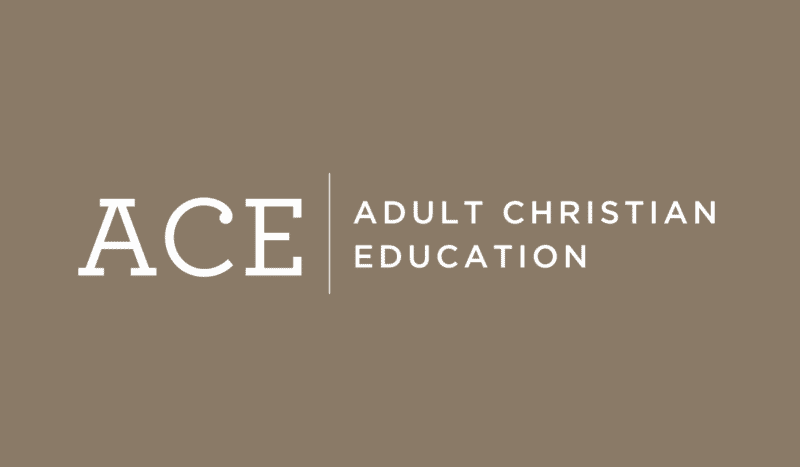We believe that doctrine is for life transformation. We desire to equip our church to know the Bible, to know the Bible’s world-and-life view, and to invest the gospel in the lives of others. Through our Adult Christian Education (ACE) classes, we seek to mature in Christ-likeness, being able to navigate the complexities of life with knowledge, wisdom, and grace.
ACE classes are offered throughout the year; classes are categorized under five main categories, known as “Growth Paths.” Explore current class offerings, and learn about our Growth Paths and the ACE Certificate below!


